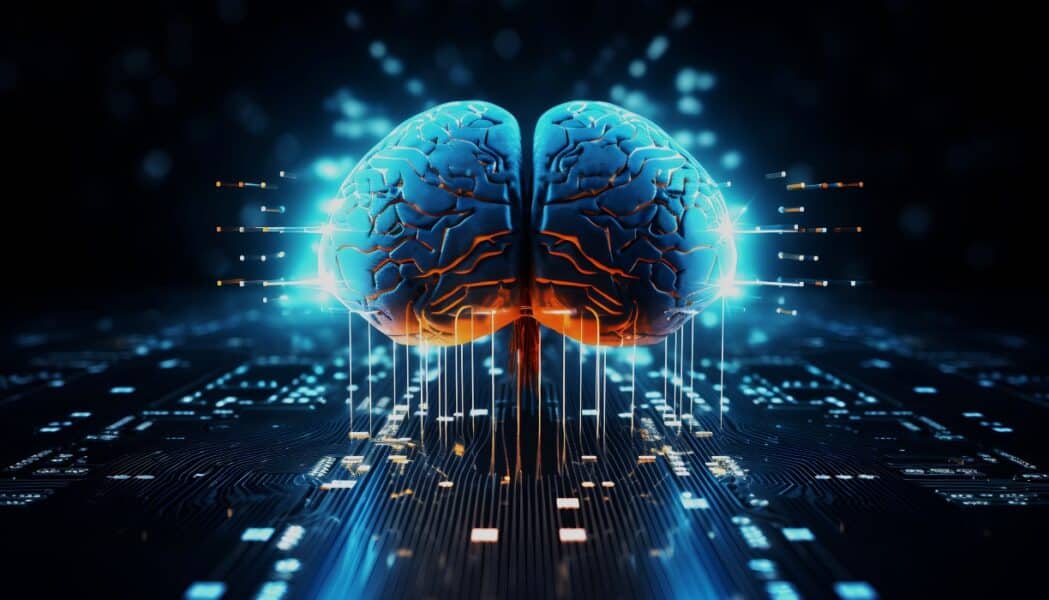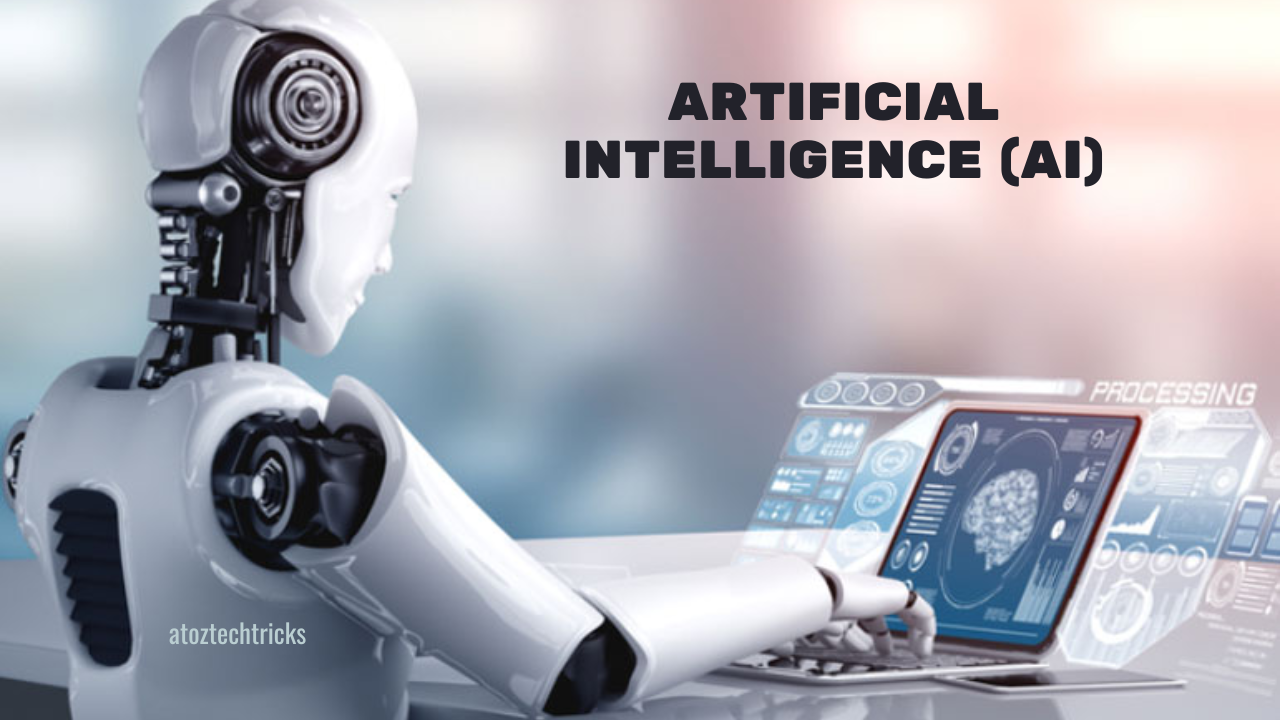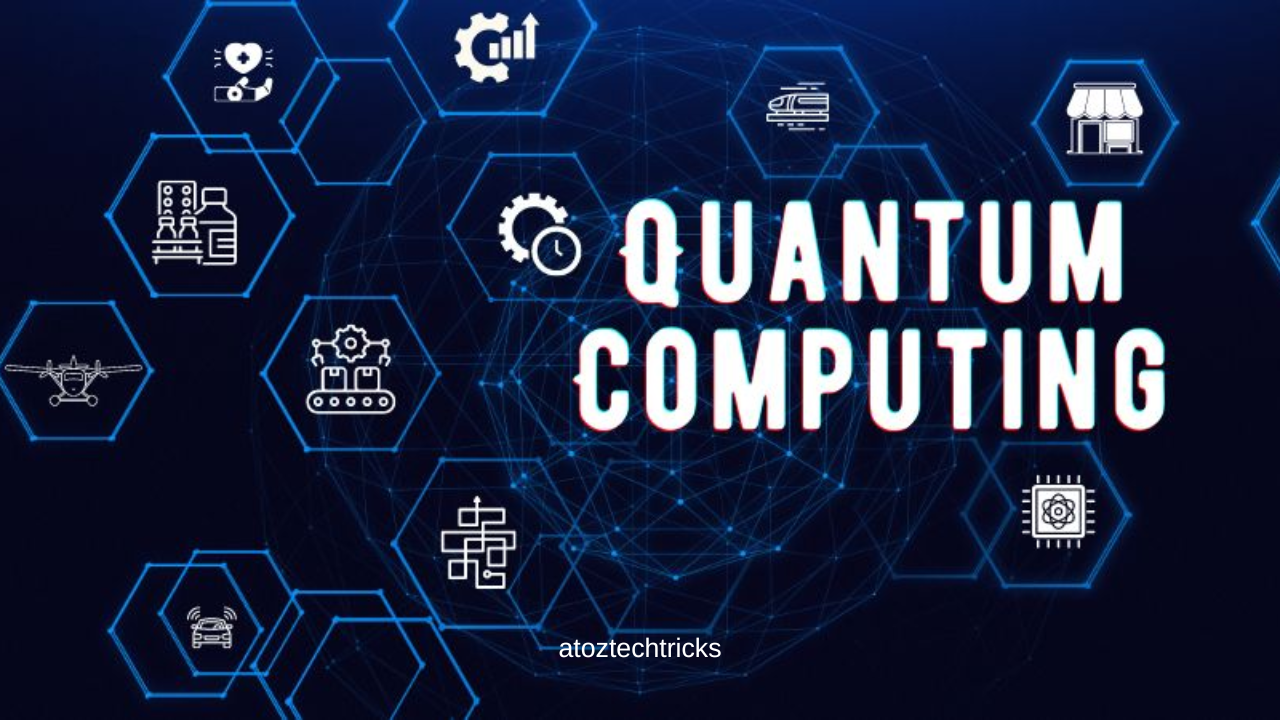Artificial Intelligence (AI): A Comprehensive Overview
Artificial Intelligence (AI) has emerged as one of the most transformative technologies of the 21st century. From its beginnings in the mid-20th century to its current applications in various sectors, AI continues to shape the way we live, work, and interact with technology. This article explores the fundamental aspects of AI, its applications, and the challenges it presents, providing a comprehensive overview of this evolving field.
What is Artificial Intelligence?
Artificial Intelligence refers to the simulation of human intelligence in machines that are programmed to think and learn. The goal of AI is to enable machines to perform tasks that typically require human intelligence. These tasks include problem-solving, pattern recognition, understanding natural language, and decision-making.
AI systems are generally categorized into two main types:
- Narrow AI (Weak AI): Designed for a specific task or application. Examples include voice assistants like Siri or Alexa, recommendation algorithms on streaming platforms, and image recognition software.
- General AI (Strong AI): A theoretical form of AI that possesses the ability to understand, learn, and apply intelligence across a broad range of tasks, similar to human cognitive abilities. As of now, General AI remains largely hypothetical and is the subject of ongoing research.

History of AI
The concept of AI can be traced back to ancient history, with myths and stories of artificial beings endowed with human-like qualities. However, modern AI began to take shape in the 20th century:
- The 1950s: Alan Turing, a British mathematician, proposed the concept of a “universal machine” and introduced the Turing Test, a method for determining whether a machine exhibits intelligent behaviour equivalent to, or indistinguishable from, that of a human.
- 1956: The term “Artificial Intelligence” was coined by John McCarthy at the Dartmouth Conference, which is considered the founding moment of AI as a field of study.
- 1960s-1980s: The early years saw the development of foundational AI algorithms and systems, including early neural networks and expert systems.
- 1990s-2000s: AI made significant strides with advancements in machine learning, natural language processing, and the development of more sophisticated algorithms. Notable milestones included IBM’s Deep Blue defeating world chess champion Garry Kasparov in 1997.
- 2010s-Present: The rise of big data, increased computational power, and breakthroughs in deep learning have led to rapid advancements in AI. Applications range from self-driving cars to advanced language models like GPT-3.
Future of AI in Society: Navigating the Transformative Potential
Key Technologies in AI
Several key technologies and methodologies underpin the development of AI:
- Machine Learning (ML): A subset of AI that focuses on algorithms that enable machines to learn from data. ML models improve their performance over time with exposure to more data. Common types of ML include supervised learning, unsupervised learning, and reinforcement learning.
- Deep Learning: A subset of machine learning that uses neural networks with many layers (deep neural networks) to model complex patterns in data. Deep learning has been instrumental in advances in computer vision, speech recognition, and natural language processing.
- Natural Language Processing (NLP): Enables machines to understand and generate human language. NLP applications include language translation, sentiment analysis, and chatbots.
- Computer Vision: Allows machines to interpret and understand visual information from the world, such as images and videos. Computer vision is used in facial recognition, autonomous vehicles, and medical imaging.
- Robotics: Involves the design and creation of robots that can perform tasks autonomously or semi-autonomously. AI-driven robotics are used in manufacturing, healthcare, and exploration.
Ethics of AI: Navigating the Future of Artificial Intelligence
Applications of AI
AI’s versatility makes it applicable across various industries:
- Healthcare: AI is revolutionizing healthcare through predictive analytics, personalized medicine, and medical imaging. AI algorithms can analyze medical data to predict disease outbreaks, assist in diagnostics, and even develop new treatments.
- Finance: In the financial sector, AI is used for algorithmic trading, fraud detection, and customer service. AI-driven systems can analyze market trends and execute trades at high speeds, while machine learning models help detect unusual patterns indicative of fraudulent activities.
- Retail: AI enhances the shopping experience through personalized recommendations, inventory management, and chatbots. Retailers use AI to analyze customer behaviour and optimize supply chains.
- Transportation: Autonomous vehicles, powered by AI, are set to transform transportation. AI technologies improve route optimization, traffic management, and vehicle safety.
- Education: AI is being used to create personalized learning experiences, automate administrative tasks, and provide virtual tutoring. AI-driven platforms can adapt to individual learning styles and paces.
- Entertainment: AI plays a significant role in content creation, recommendation systems, and interactive experiences. Streaming services use AI to suggest movies and shows based on viewing history, while AI-generated content is being explored in creative fields like music and art.

Challenges and Ethical Considerations
Despite its potential, AI poses several challenges and ethical considerations:
- Bias and Fairness: AI systems can inherit and amplify biases present in the data they are trained on. This can lead to unfair outcomes, particularly in sensitive areas such as hiring, law enforcement, and lending.
- Privacy: The use of AI in data collection and analysis raises privacy concerns. AI systems can process vast amounts of personal data, and there is a risk of misuse or unauthorized access.
- Job Displacement: Automation driven by AI has the potential to displace jobs in various industries. While AI can create new opportunities, there is a need for strategies to manage the impact on the workforce.
- Security: AI systems can be vulnerable to attacks, including adversarial attacks where malicious inputs are designed to deceive the AI. Ensuring the security and robustness of AI systems is crucial.
- Ethical Use: The development and deployment of AI raise ethical questions about the responsible use of technology. Ensuring that AI is used for the benefit of society and aligns with ethical standards is a significant concern.
Impact of AI on the Workforce: Transformations, Challenges, and Opportunities
The Future of AI
The future of AI is both exciting and uncertain. Key areas of focus include:
- Advancements in General AI: Research continues developing General AI that can perform a wide range of tasks with human-like intelligence. While true General AI remains a long-term goal, progress in this area could lead to transformative changes.
- AI in Governance and Policy: Governments and organizations are increasingly recognizing the need for regulations and policies to govern the development and use of AI. Ensuring ethical standards and promoting transparency will be essential.
- Integration with Other Technologies: AI will continue to integrate with other emerging technologies such as the Internet of Things (IoT), blockchain, and quantum computing. This integration will lead to new applications and capabilities.
- Human-AI Collaboration: The focus may shift towards enhancing collaboration between humans and AI, leveraging the strengths of both to achieve better outcomes. AI tools will increasingly assist humans in decision-making and creativity.
- Ethical and Societal Impact: Ongoing discussions about the ethical implications of AI will shape its development. Ensuring that AI benefits all of humanity and addressing potential risks will be critical for its future.
%20Is%20Used%20In%20Biometrics.jpg)
Artificial Intelligence is a dynamic and rapidly evolving field with the potential to revolutionize numerous aspects of our lives. From its historical roots to its current applications and prospects, AI continues to push the boundaries of what technology can achieve. While the benefits of AI are substantial, it is essential to address the challenges and ethical considerations that come with its advancement. As we move forward, a balanced approach that fosters innovation while ensuring ethical use and societal benefit will be crucial for harnessing the full potential of AI.




Post Comment